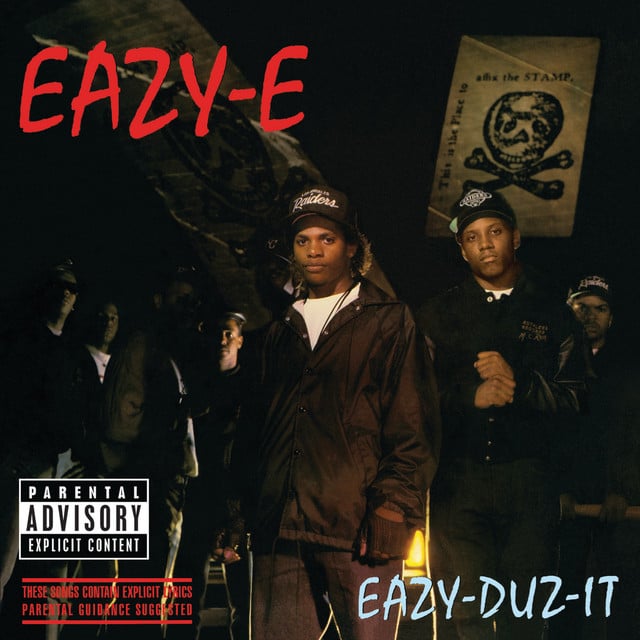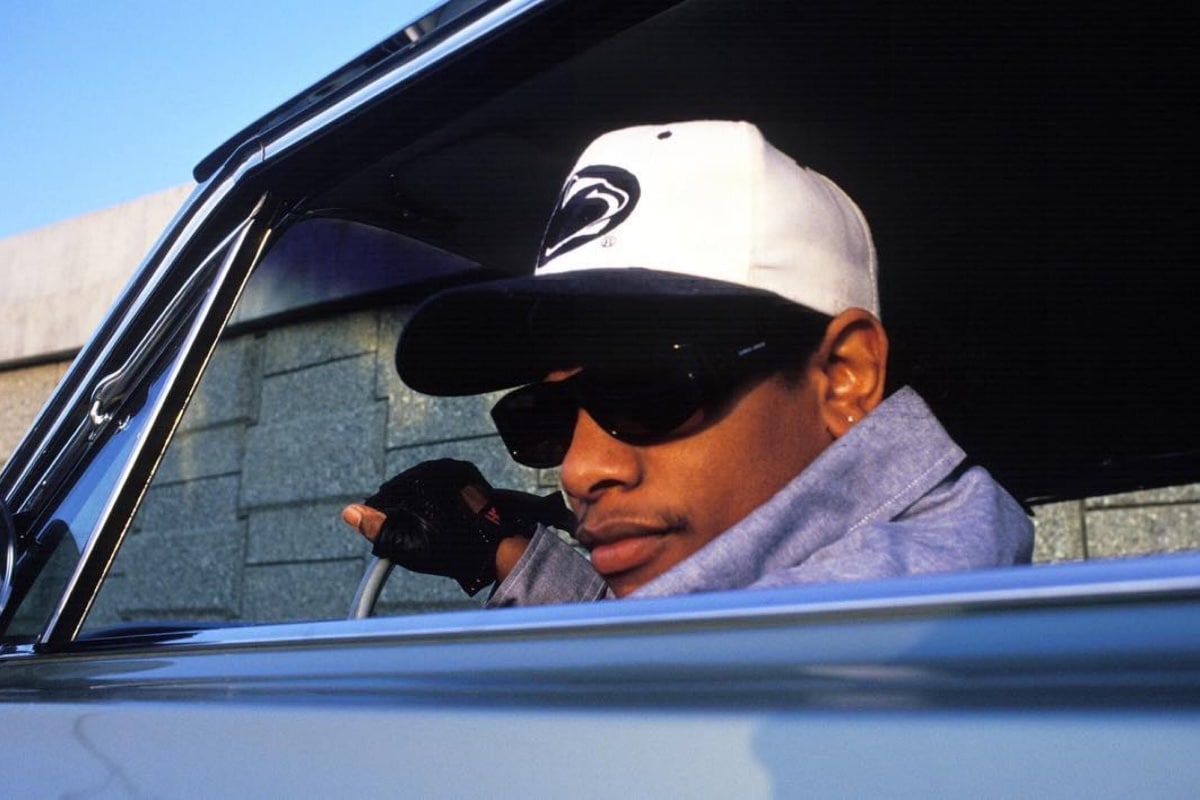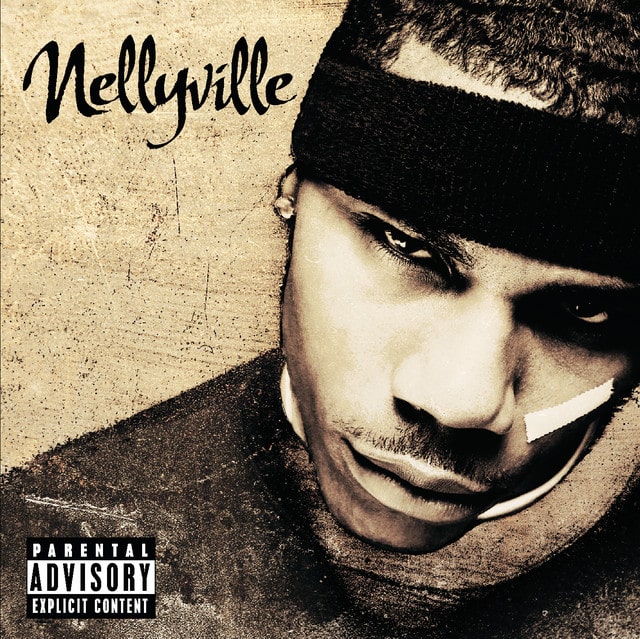Released: 1988 • Features: Dr. Dre, MC Ren
“Eazy-Duz-It” is a raw, unfiltered look into the rugged street life of Compton, a narrative straight from the heart of gangsta rap pioneer himself, Eazy-E. This 1988 hit single, produced by Dr. Dre and featuring MC Ren, throws down a grimy beat with a hardcore vibe that defined the genre. Eazy-E delivers a cinematic journey through his life, filled with danger, hustling, and no shortage of bravado.
The opening and the first verse introduce us to Eazy-E, the central figure of the track. He immediately establishes his street cred: he’s a man with numerous women, a successful rap group (N.W.A), and he’s not scared to get his hands dirty. Eazy-E sets up his persona as a hardcore hustler, an ‘O.G.’ who’s out here making money, managing his crew, and not taking nonsense from anyone. When he says “I got bitches galore” and “the money that I make so I could add to my riches,” it shows an unapologetic immersion in the world of pimping and hustling.
The chorus amplifies Eazy’s street reputation, emphasizing that he’s a ‘gansta’ who doesn’t step out without his gun. His impact is so significant that it leaves you asking, “what was it?” It’s a testament to Eazy’s influence as a formidable figure in rap and on the streets.

In the second verse, Eazy-E rolls through his neighborhood, interacting with fellow gangstas and joining in a dice game. The dice game serves as a metaphor for the risks and rewards of street life. He ends up getting into a firefight, and his casual dismissal of the violent encounter only cements his status as a hardcore street survivor. The repeated line “Boy you shoulda known by now, Eazy duz it” reaffirms his dominance and ability to effortlessly navigate and control his environment.
The third verse paints a vivid picture of the consequences of drug addiction. He tells the story of a ‘clucker’ – street slang for a crack cocaine addict – who spirals from a life of prosperity to one of dependency, resorting to break-ins to fuel his addiction. Eazy drops a hard truth about the drug epidemic in impoverished neighborhoods and the cycle of violence it perpetuates.
The verse then delves into Eazy being jailed for murder but treats it like a minor inconvenience – a risk one takes when living the gangsta lifestyle. After being betrayed by his woman (the “bitch” who he accuses of hanging up his bail call), Eazy resolves to seek revenge, further normalizing violence within the narrative. The arc of this verse is a brutal reflection of the realities of the streets: drugs, violence, and betrayal.
The closing verse captures Eazy-E in his element, executing his revenge as he busts into his traitor lady’s home, machine gun in hand. This verse solidifies his identity as a ruthless gangster surviving and thriving in the unforgiving world of Compton.
Finally, Eazy-E stamps his mark on the rap scene with the ending lines. He points out that ’73’s obsolete’, highlighting the evolution and progress he’s brought to the streets of Compton and the rap industry in ’88. His parting words, (“In one way or the other, I’m a bad brotha/ Word to the muthafucka”), leave no room for doubt: Eazy-E is a force to be reckoned with, both in music and in the streets.
This track is unvarnished, undiluted gangsta rap that struts the fine line between glorifying street life and offering an uncompromising portrayal of its harsh realities. “Eazy-Duz-It” is classic Eazy-E – brash, provocative, and unafraid. He serves up hip-hop with a heavy dose of gangster realism, and therein lies his legacy.






